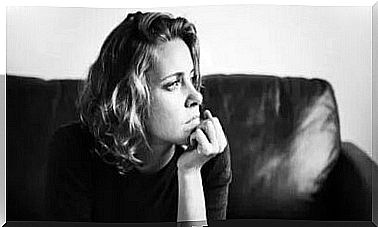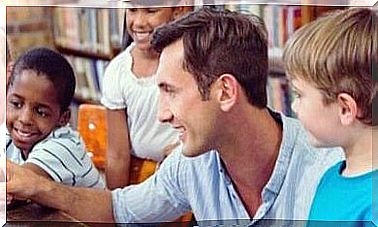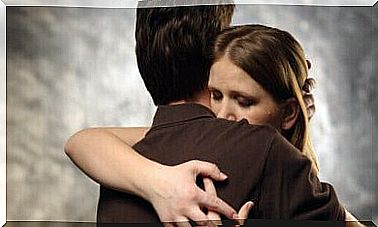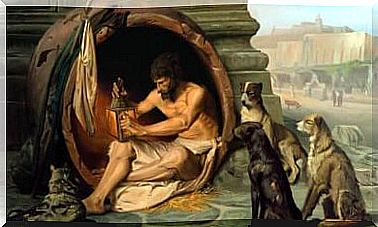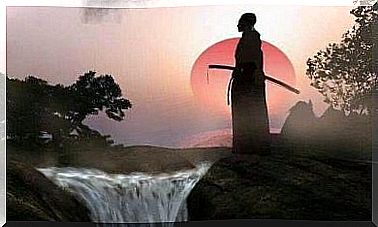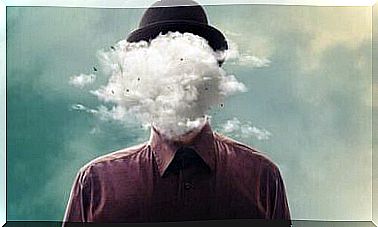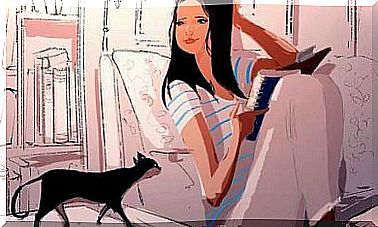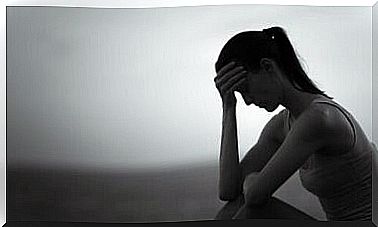Lord Of The Flies: The Creation Of A Society
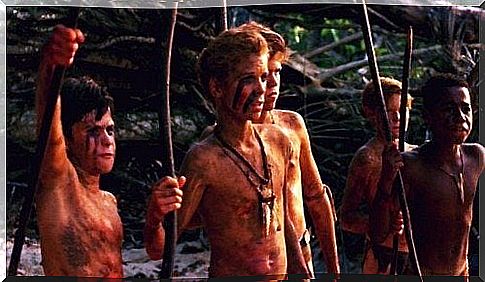
Lord of the Flies (1954) is William Golding’s best-known work. While Golding was alive, this piece went largely unnoticed. It only became popular years after the author’s death and is now considered a post-war classic. It hit the big screen twice, first in 1963 and then in 1990.
Lord of the Flies is an allegory on human nature. Each character in the book thus represents an important aspect in relation to humanity. The protagonists of the work are children who are creating a society from scratch. The book provides answers to numerous questions that characterize our everyday life: How are roles assigned in a society? How is a leader elected?
The action begins with a plane crash. This brings the young passengers to a lonely island. Survivors need to organize to ensure their survival and be saved. In the middle of nowhere, a new society is emerging that has yet to set its standards. As we read the novel, we discover how someone can get angry regardless of their age. Golding’s book is all about the different facets of evil and human nature.
“The best ideas are the simplest.”
Lord of the flies
Children, leaders and allegories
The title of the book is allegorical. He alludes to Beelzebub, that is, to evil. In the novel, this evil is symbolized by the boar’s head, which the children impale with a spear. Flies buzz around the rotting head.
After the children reach the island, they come together in the hope of surviving and being found as soon as possible. In doing so, they show that human beings are social by nature. Perhaps because of the society in which they grew up, or because of their fear and survival instinct, the children choose a democratic form of community. Their leader is Ralph, who is not the smartest kid but is agile and strong and builds trust.
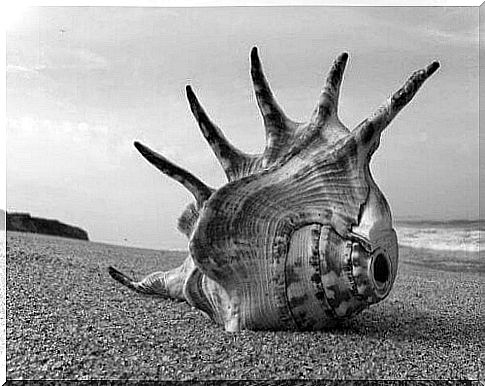
What could have been a chance to teach the adult world better and show that children can be fairer and more rational is becoming a real disaster. Because even when choosing the leader, rivalry arises. This rivalry leads to hatred, the situation gets out of hand, and ultimately catastrophe occurs.
The main characters and their characteristics
- Ralph is the leader chosen by the other children. He wants to lead democratically, has good intentions and wants the children to stay united. He is the one who decides to start a fire in hopes of being seen and saved. Despite his good intentions, he always consults Piggy as well. In the end, Ralph loses his leadership position and control.
- Jack, Ralph’s opponent, is another born leader. However, he is authoritarian. Jack is the oldest of the group but is not elected leader, which bothers him. He is arrogant and pessimistic and has lost hope of being saved. Gradually it becomes more and more irrational and increasingly violent. The other children are afraid of him and that’s why they join him.
- Piggy is mocked for his looks and asthma. However, he is one of the most intelligent characters and stands for rationality. Because of his looks and poor physical condition, no one considers choosing him as their leader. Still, Ralph trusts him and always asks for help.
- Like Piggy, Simon is not healthy. He is reserved and shy, but shows great sensitivity, especially towards animals. This far-sighted character discovers the “Lord of the Flies” and acts as the bearer of the truth.
- Roger is initially on Ralph’s side, but ends up being Jack’s right-hand man. Roger seems to be a calm and shy boy, but he discovers another side of himself. Since no laws apply and he does not have to fear any consequences for his actions, he begins to become violent.
These children form a society that is inspired by the world they know and that reflects a certain order. Ultimately, however, this society breaks up and becomes radicalized. Given the fear the children have, they decide they don’t need a rational leader, just a strong one who will guarantee them food and peace.
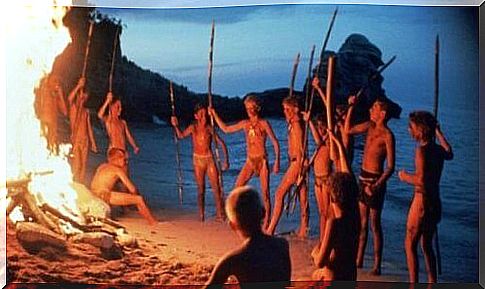
The nature of evil in Lord of the Flies
Lord of the Flies shows a world that works contrary to Jean-Jacques Rousseau’s ideas. Because the French philosopher assumed that people are naturally kind and not evil. According to Rousseau, only society corrupts people. In the novel, the opposite happens. The children are free and in a completely natural state. However, in the absence of society and its rules, they get carried away by their evil nature and act completely irrationally.
On the other hand, Thomas Hobbes should be mentioned, who said that society regulates evil and determines us as reasonable beings. In Golding’s book, however, the children can’t help but feel like they don’t have to obey anyone on the island despite trying to choose a leader and start a society.
We see that the children first try to imitate the world and the adults they know. They find a conch shell that they believe is a democratic symbol. They organize themselves to find food and keep the fire burning. But in the end this democratic utopia fails.
Some children think that the island is a dream place because there are no parents or teachers. So why should they obey? Why follow the rules? They love freedom and indulge their wildest instincts. The children are also concerned about the rumor that an animal inhabits the island, which is why the authoritarian leader is gaining popularity among them. This is how the island, which was originally a paradise, becomes the center of terrible destruction.
“This is our island, a good island. Until the adults come to get us, we’ll have fun. “
Lord of the flies
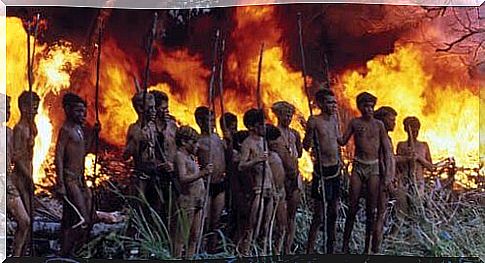
Reflections
Lord of the Flies doesn’t just speak of human nature and the loss of innocence. These children, in their own way, are creating a new society from scratch in which we can recognize different roles that are reminiscent of the real world.
The children split into different camps, as we can see in reality. They face each other like people in war. They do not reward intelligence, nor do they look for a sensible leader. Instead, they want a strong leader who can protect them from what they fear.
All of this reminds us of the world we live in and how we choose our own leaders. This shows us how hard we have to work to live in a democratic society and to maintain it for the good of all of us.
“… Fear can do you no more harm than a dream.”
Lord of the flies

